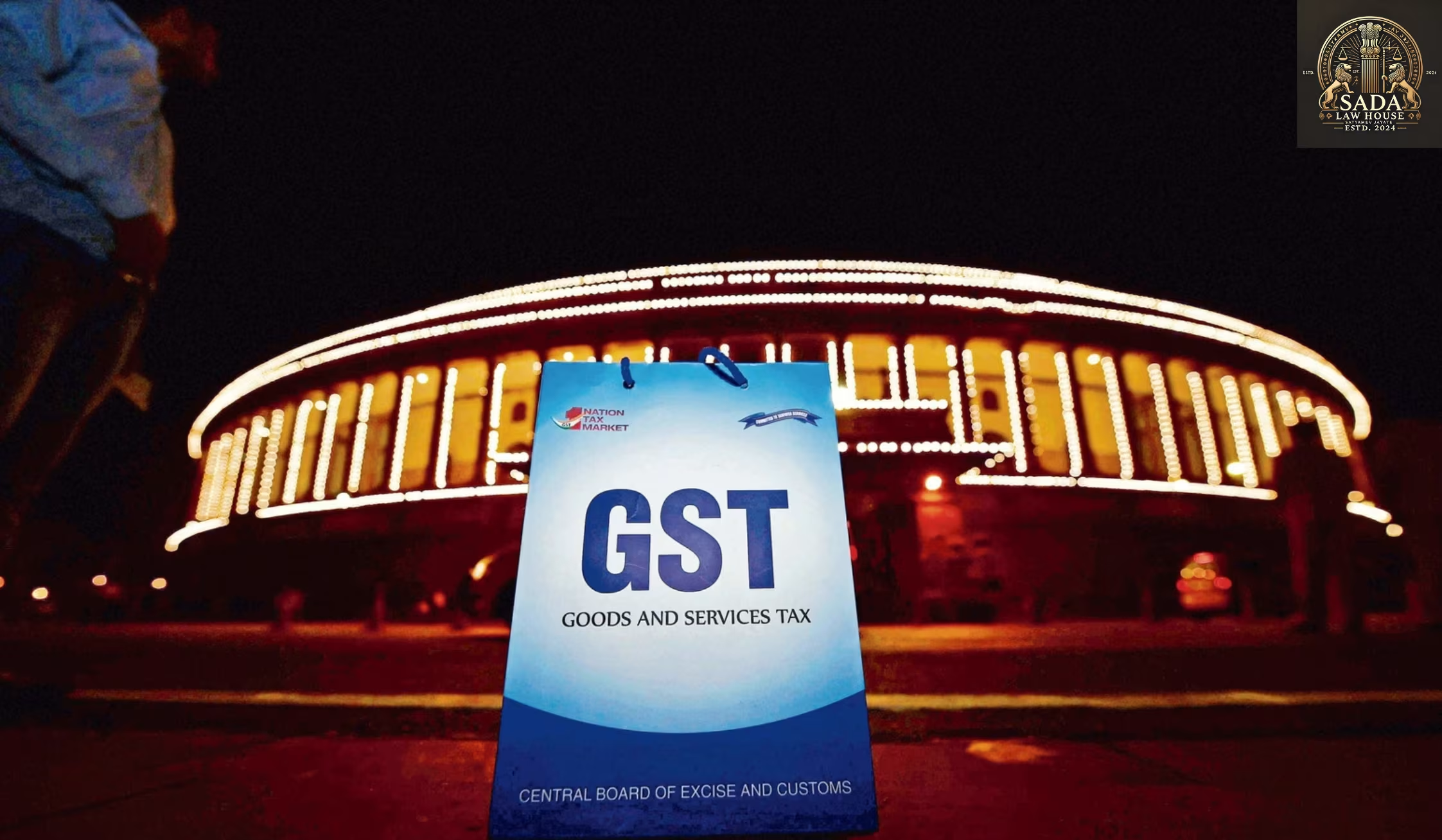Supreme Court Denies Extension of GST Amnesty Scheme, Emphasizes Tax Compliance
- KASHISH JAHAN
- 02 June 2025

The Supreme Court of India has rejected the plea to extend the GST Amnesty Scheme, emphasizing the importance of timely tax compliance, financial governance, and legal accountability for businesses post-COVID-19.
Supreme Court Denies Extension of GST Amnesty Scheme
In a significant ruling, the Supreme Court of India dismissed a petition to extend the Goods and Services Tax (GST) Amnesty Scheme. This scheme was introduced to allow taxpayers to settle overdue taxes with reduced penalties, aiming to ease financial stress during economic recovery.
Petitioners Cite COVID-19 Fallout and SME Challenges
The petitioners argued that the financial strain caused by the COVID-19 pandemic made it difficult for many small and medium enterprises (SMEs) to meet tax deadlines. They sought additional time under the amnesty scheme, which had already been extended once.
Government Provided Ample Opportunity, Says Court
The court ruled that the government had offered adequate time and multiple chances for taxpayers to benefit from the scheme. Extending it again, the court stated, would undermine the principle of tax discipline and delay the country’s efforts toward building a responsible tax-paying culture.
Importance of Timely Tax Compliance
This verdict reinforces the need for timely tax compliance and highlights its role in maintaining a healthy economy. According to the government, GST revenue is crucial to funding infrastructure and essential public services, making punctual payments a national priority.
Impact on Businesses and Future Tax Planning
While many financially struggling businesses may feel disheartened, experts suggest this ruling will motivate companies to streamline their accounts and avoid future tax defaults. It serves as a clear message supporting transparency and fiscal accountability in India’s tax system.
Judgment Supports Transparent Tax Environment
The decision signals judicial backing for a disciplined and transparent tax environment. For Indian taxpayers, it’s a reminder of the importance of proactive tax planning, legal compliance, and financial governance in avoiding legal complications.
Conclusion: Strengthening India’s Tax Culture Through Legal Discipline
The Supreme Court’s decision to deny an extension of the GST Amnesty Scheme reflects a firm stance on strengthening India’s tax compliance culture. While the ruling may be challenging for SMEs still recovering from the pandemic, it emphasizes the long-term benefits of financial discipline, legal accountability, and structured tax planning. As the government continues to rely on GST revenue to power essential development, businesses must adapt by embracing timely payments and transparent financial practices. This judgment serves as a crucial reminder: proactive compliance today is the best safeguard against penalties and legal complications tomorrow.
Live Cases







